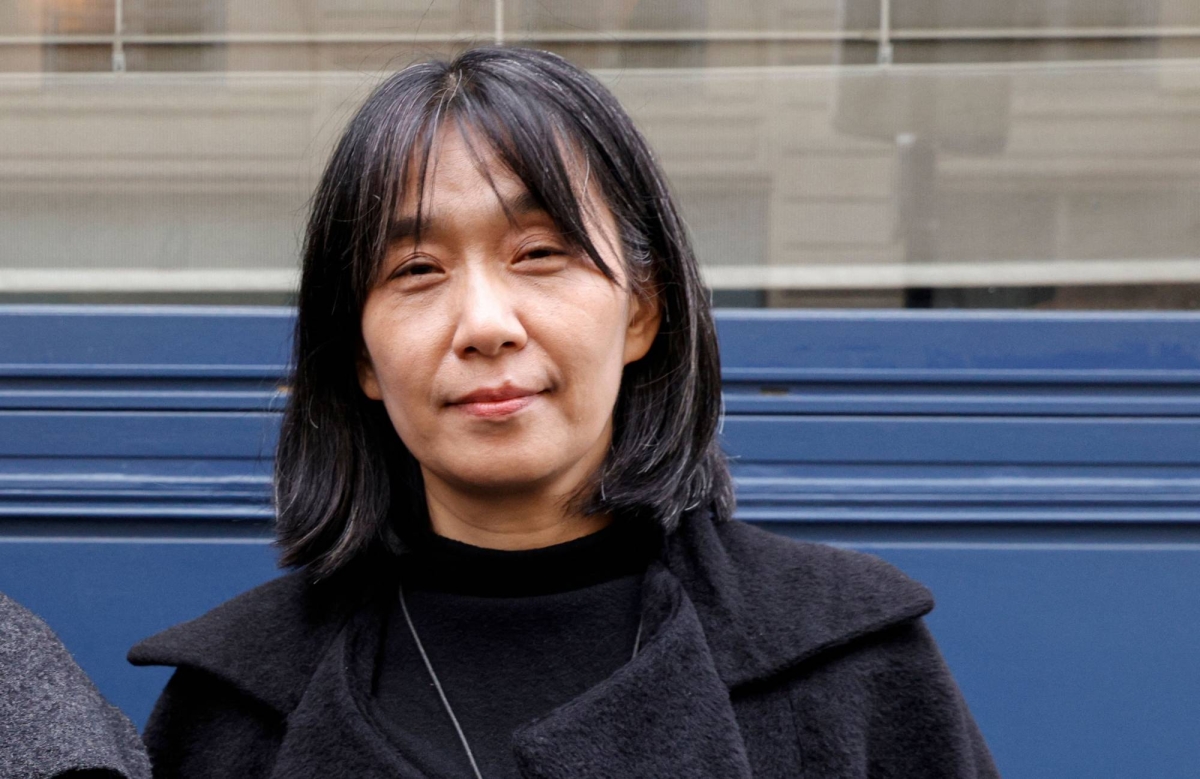This year, the Nobel Prize in Literature has been awarded to Han Kang, a South Korean poet and novelist. She is notable for being the first Korean to receive this prestigious award. The Swedish Academy, which gives out the Nobel Prizes, has shifted its focus eastward after honouring European authors in the last two years. They recognized Han Kang as an “innovator in contemporary prose,” highlighting her unique and powerful writing style that addresses deep historical traumas and the fragile nature of human existence.
At 53 years old, Han Kang’s work often revolves around the complexities of the human experience. She explores difficult questions about how humanity can exhibit both unspeakable cruelty and profound acts of kindness. Her most well-known book is The Vegetarian, originally published in Korea in 2007 and later translated into English in 2015. This novel tells the story of a woman who decides to stop eating meat and finds solace in the plant world. It won the International Booker Prize in 2016, which significantly boosted its visibility and led to the translation of her other works into multiple languages.
Han Kang was born in Gwangju, South Korea, and moved to Seoul when she was nine. She studied Korean literature at university and grew up in a literary environment, as her father was also a novelist. In addition to writing, she incorporates elements of art and music into her narratives. This blend of influences is evident in her 2016 work, The White Book, where the narrator discusses grief—specifically the loss of her sister shortly after birth—through descriptions of various white objects like snow and salt.
Her upcoming novel, We Do Not Part, set to be released in English early next year, tells the story of a friendship between two women against the backdrop of the Jeju Island massacre in 1948. Another significant work, Human Acts, addresses a tragic student massacre from the 1980s, allowing the souls of the deceased to bear witness to their own destruction.
Since awarding the prize to musician Bob Dylan in 2016, the Swedish Academy has been trying to return to a focus on traditional literature. By choosing Han Kang, they have selected a winner whose experimental style showcases the power of literature to transcend boundaries. This recognition is likely to increase interest in Korean literature, which has already gained international popularity through K-pop, dramas, and films, particularly following the global success of Psy’s “Gangnam Style” in 2012.
.
..
..
.
..join our telegram channel for regular updates of The Hindu Epaper Editorial Explanation-https://t.me/Thehindueditorialexplanation
The Hindu Epaper Editorial Explanation given by Hello Student is only a supplementary reading to the original article to make things easier for the students.
In conclusion, preparing for exams in India can be a daunting task, but with the right strategies and resources, success is within reach. Remember, consistent study habits, effective time management, and a positive mindset are key to overcoming any academic challenge. Utilize the tips and techniques shared in this post to enhance your preparation and boost your confidence. Stay focused, stay motivated, and don’t forget to take care of your well-being. With dedication and perseverance, you can achieve your academic goals and pave the way for a bright future. Good luck!
The Editorial Page of The Hindu is an essential reading for all the students aspiring for UPSC, SSC, PCS, Judiciary etc or any other competitive government exams.
This may also be useful for exams like CUET UG and CUET PG, GATE, GMAT, GRE AND CAT
To read this article in Hindi –https://bhaarat.hellostudent.co.in/

